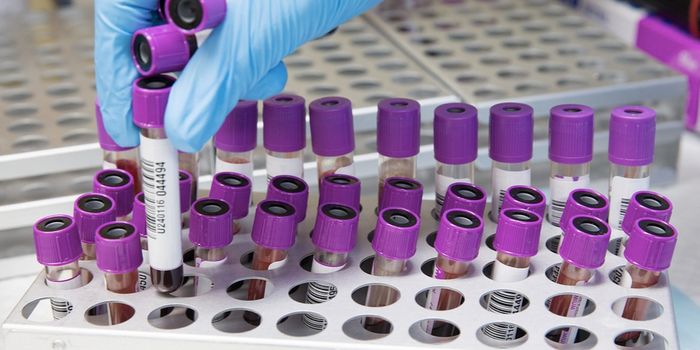COVID Patients Can't Stop and Smell the Roses
A study of over 2,500 European patients has revealed that 85.9 percent of those with mild COVID-19 symptoms lost their sense of smell. On average, this olfactory dysfunction lingered for around three weeks. In a quarter of patients, their sense of smell was impaired for over two months.
The study, published in the Journal of Internal Medicine, was conducted by Jerome R. Lechien from Paris Saclay University and aimed to investigate how a marked decrease in olfactory function related to the severity of COVID-19 symptoms. Interestingly, only around five percent of moderate COVID cases and seven percent of critical cases lost their sense of smell.
"Olfactory dysfunction is more prevalent in mild COVID-19 forms than in moderate-to-critical forms, and 95% of patients recover their sense of smell at 6-months post-infection," said Lechien.
The temporary loss of smell, also known as anosmia, has been touted by experts as a better diagnostic indicator of the onset of infection than other common symptoms such as fever and cough.
But why does SARS-CoV-2 infection interrupt patients’ ability to smell? Scientists initially suspected that the virus might be impacting the olfactory sensory neurons that detect and relay chemical signals from the nose to the brain. Follow up studies proved this not to be the case, as these neurons do not express the ACE2 receptor protein, the gateway for the coronavirus to enter human cells.
Instead, SARS-CoV-2 is likely affecting the olfactory neurons’ support network—stem cells and cells lining blood vessels in the nasal passage.
“Our findings indicate that the novel coronavirus changes the sense of smell in patients not by directly infecting neurons but by affecting the function of supporting cells,” explained Harvard Medical School scientist Sandeep Robert Datta.
On a positive note, COVID-related anosmia is a temporary condition.
“I think it’s good news, because once the infection clears, olfactory neurons don’t appear to need to be replaced or rebuilt from scratch,” added Datta. “But we need more data and a better understanding of the underlying mechanisms to confirm this conclusion.”
Sources: Harvard Medical School, Journal of Internal Medicine, EurekAlert.









